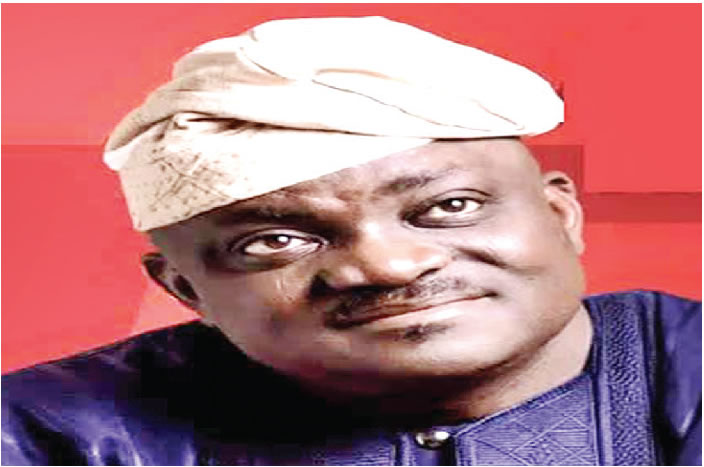The call for strengthened trade cooperation within the BRICS bloc and its extended partners, echoing from a key figure in Nigerian foreign policy, highlights a growing sentiment among developing nations to reshape the global economic landscape. Wole Oke, Chairman of the House Committee on Foreign Affairs, articulated this vision at a BRICS trade forum in Brazil, emphasizing the urgent need to reduce dependence on traditional Western markets and the dominance of the US dollar. His argument hinges on the principle of mutual benefit and the creation of a more equitable and resilient global trade system, one that empowers developing economies rather than perpetuating existing dependencies. This perspective gains particular relevance in the current context of global economic uncertainty, where diversification and strengthened regional ties are increasingly viewed as essential for stability and growth.
Oke’s proposals for achieving this vision are multifaceted. He advocates for a shift towards increased intra-BRICS trade, investments, and the development of robust “trade corridors” facilitated by digital transformation, local currency transactions, and the strategic utilization of resources. This approach aims to create a self-sustaining economic ecosystem within the bloc, minimizing vulnerability to external shocks and fostering greater control over economic destinies. The establishment of a localized currency settlement system is a central pillar of this strategy, designed to mitigate the risks associated with fluctuating exchange rates and the political maneuvering often accompanying dollar-denominated transactions. This resonates with the broader trend among emerging economies to explore alternatives to the dollar, seeking greater autonomy in international trade and finance.
Furthermore, Oke’s call for joint investments across various sectors, including agriculture, pharmaceuticals, manufacturing, and clean energy, underscores the potential for collaborative growth within BRICS. By pooling resources and expertise, member nations can address shared challenges, promote industrial development, and transition towards a more sustainable future. This collaborative model extends beyond traditional trade, encompassing technological advancements, research and development, and the creation of shared platforms for innovation. The emphasis on green initiatives reflects the growing global awareness of the need for environmentally responsible economic development, highlighting the potential for BRICS to become a leader in sustainable practices.
The lawmaker’s observation regarding the untapped trade potential within BRICS, despite its significant global economic footprint, serves as a compelling justification for his proposals. While representing a substantial portion of the world’s population and GDP, intra-BRICS trade remains relatively modest, indicating a significant opportunity for expansion. Oke attributes this to over-reliance on traditional markets and existing trade barriers, advocating for a concerted effort to reduce these obstacles and promote internal commerce. This entails streamlining regulations, harmonizing standards, and implementing policies that prioritize trade within the bloc.
Oke’s appeal to the New Development Bank (NDB) to evolve beyond its lending role and function as a trade facilitator adds another dimension to his vision. He envisions the NDB playing a more proactive role in fostering intra-BRICS commerce by providing guarantees and financing to support trade activities. This would effectively transform the NDB into a catalyst for economic integration within the bloc, stimulating trade flows and promoting investment in key sectors. Such an expansion of the NDB’s mandate would solidify its position as a crucial institution for South-South cooperation and development.
While acknowledging Nigeria’s current status as a BRICS partner rather than a full member, Oke reaffirmed the country’s commitment to the bloc’s principles and its continued pursuit of full membership. This reflects a broader trend among developing nations to seek greater representation in global governance structures, reflecting a desire for a multipolar world order that provides more equitable representation and influence. Oke’s emphasis on digital and green revolutions within BRICS, including common cybersecurity standards, shared e-commerce platforms, and AI governance frameworks, positions the bloc as a potential leader in these emerging fields, fostering innovation and cooperation in areas of critical importance for future economic development. Finally, his call for open engagement with other regional blocs like the African Union, ASEAN, and MERCOSUR reflects a commitment to broader South-South cooperation and the creation of a more inclusive global trade order. This collaborative approach aims to reshape global trade dynamics, moving away from traditional power structures and creating a more equitable system that benefits all participating nations.


